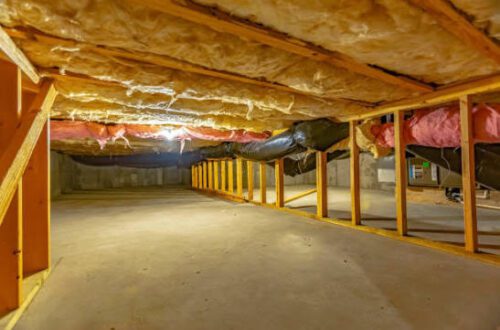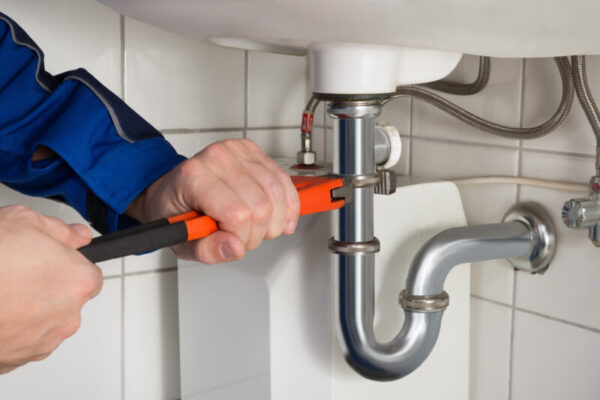When it comes to enhancing the charm of your home, don’t overlook the power of your driveway. It’s not just a path to your garage; it’s the welcoming mat to your abode, setting the tone for what lies beyond. While traditional asphalt and concrete are common choices, there’s a hidden gem in the world of driveway surfaces: tar and chip.
What is Tar and Chip?
Let’s start with the basics. Tar and chip, also known as chip seal or macadam, is a type of surface treatment for roads and driveways. It consists of a layer of hot liquid asphalt (tar) that is applied to the prepared base, followed by a layer of small stones (chips) that are embedded into the asphalt while it’s still hot. The result? A textured, rustic finish that combines durability with visual appeal.
The Aesthetic Appeal
One of the standout features of tar and chip driveways is their unique aesthetic. Unlike plain asphalt or concrete, tar and chip surfaces offer a rustic charm that blends seamlessly with natural surroundings. The speckled appearance of the stones adds depth and character, creating a visually pleasing effect that can enhance the overall look of your property.
Durability and Longevity
But it’s not just about looks; a tar and chip driveway Norfolk is also highly durable. The combination of asphalt and stone creates a resilient surface that can withstand heavy traffic and harsh weather conditions. Unlike traditional asphalt, which can crack and develop potholes over time, tar and chip surfaces are less prone to damage, making them a cost-effective choice in the long run.
Low Maintenance Requirements
Another advantage of tar and chip driveways is their low maintenance requirements. Unlike concrete, which may require regular sealing to prevent staining and deterioration, tar and chip surfaces typically only need occasional resealing every few years to maintain their appearance and integrity. This means less time and effort spent on upkeep, allowing you to enjoy your driveway without the hassle.
Cost-Effectiveness
When compared to other driveway options, tar and chip surfaces offer excellent value for money. While the initial cost may be slightly higher than that of plain asphalt, the long-term savings in maintenance and repair make it a cost-effective investment. Additionally, the natural materials used in tar and chip driveways are often more affordable than concrete, making it a budget-friendly choice for homeowners looking to enhance their curb appeal without breaking the bank. Be sure to find a company that provides a reputable Groundwork Contractor who can help get you started.
Environmental Benefits
In an age where environmental sustainability is increasingly important, tar and chip driveways offer eco-friendly benefits. Unlike concrete, which requires large amounts of energy to produce and transport, tar and chip surfaces use natural materials that have minimal environmental impact. Additionally, the permeable nature of the surface allows rainwater to seep into the ground, reducing runoff and helping to prevent flooding and erosion.
Installation Process
Curious about how tar and chip driveways are installed? Here’s a brief overview of the process:
- Preparation – The area is cleared of any vegetation and debris, and the underlying soil is compacted to create a stable base.
- Application of Asphalt – A layer of hot liquid asphalt is applied to the prepared base using a specialized machine.
- Placement of Stones – While the asphalt is still hot, a layer of small stones or chips is spread over the surface and rolled into place, embedding them into the asphalt.
- Final Compaction – Once the stones are in place, the surface is compacted using a roller to ensure a smooth, even finish.
- Curing – The driveway is left to cure for a period of time, typically a few days, before it can be used.
Expert Tips for Maintaining Your Tar and Chip Driveway
Here are some expert tips to help you care for your unique driveway surface:
- Regular Inspection: Take the time to inspect your driveway regularly for any signs of damage or wear, such as cracks or loose stones. Catching problems early can prevent them from worsening and requiring costly repairs.
- Routine Cleaning: Keep your driveway clean by regularly sweeping away debris and dirt. You can also use a pressure washer to remove stubborn stains or buildup. Avoid using harsh chemicals that could damage the surface.
- Resealing: Periodically reseal your tar and chip driveway to protect it from moisture and UV damage. Consult with a professional to determine the best sealant for your specific surface and climate.
- Repairing Damage: If you notice any cracks or loose stones, address them promptly to prevent further deterioration. Small cracks can be filled with asphalt crack filler, while loose stones can be resealed into place using asphalt emulsion.
- Avoiding Heavy Loads: Try to avoid parking heavy vehicles or equipment on your driveway for extended periods, as this can cause stress and damage to the surface. If necessary, consider installing additional support, such as a concrete apron, for high-traffic areas.
Frequently Asked Questions
Q: How long does a tar and chip driveway last? A: With proper maintenance, tar and chip driveways can last up to 10 years or more.
Q: Can tar and chip driveways be customized? A: Yes, you can choose from a variety of stone colors and sizes to create a custom look that complements your home.
Q: Are tar and chip driveways suitable for all climates? A: Yes, tar and chip surfaces perform well in a range of climates, from hot and sunny to cold and snowy.
In Conclusion
So why settle for ordinary when you can elevate your driveway with the timeless beauty of tar and chip?






